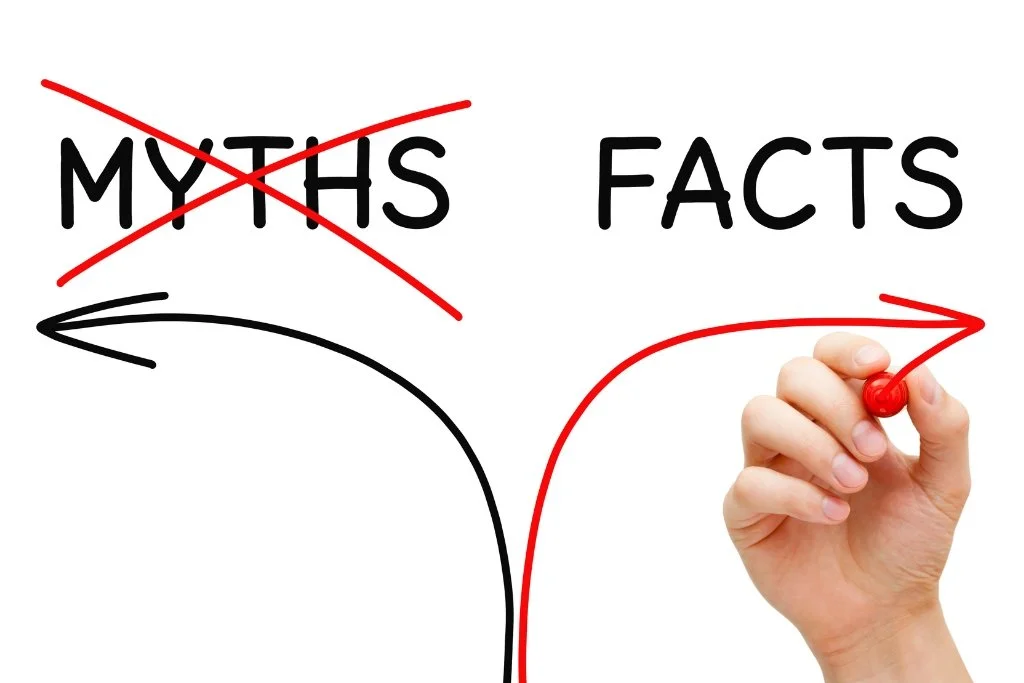Common Myths About Thyroid Disease
There is a lot of confusion when it comes to thyroid disease. Many people are told things that just aren’t true and that can make it harder to get the help they need. Let’s clear up some of the most common thyroid myths and share the real truth behind them.
Myths Versus The Truth
❌ Myth #1: Your TSH Is Normal, So Your Thyroid Is Fine
✅ Truth: TSH is just one part of the thyroid puzzle. You can still have thyroid problems even if your TSH is in the “normal” range. That’s why a full thyroid panel (including T3, T4, and thyroid antibodies) is so important.
❌ Myth #2: Medication Is All You Need
✅ Truth: Thyroid medication can help, but it often doesn’t fix the root cause—like inflammation, stress, gut problems, or autoimmune disease. That’s where functional medicine comes in. It looks at the full picture to help you truly heal.
❌ Myth #3: Thyroid Problems Only Happen to Older People
✅ Truth: Thyroid issues can happen at any age even in teens and young adults. Hormone changes, stress, and even food sensitivities can trigger thyroid problems earlier in life.
❌ Myth #4: You Can’t Lose Weight if You Have a Thyroid Condition
✅ Truth: Weight loss can be harder with a thyroid problem, but it’s not impossible. With the right diet, movement, and support, many people see real progress.
❌ Myth #5: Hashimoto’s Can’t Be Helped
✅ Truth: While there’s no “cure” for Hashimoto’s, the symptoms can be managed. Functional medicine helps by calming the immune system, reducing inflammation, and supporting thyroid function naturally.
Don’t Let Myths Hold You Back
Getting to the truth about your thyroid is the first step toward feeling better. If you’ve been told “everything looks normal” but you still feel off, trust yourself. The right information and the right care can make all the difference.
Thyroid issues often go undiagnosed because their symptoms can be mistaken for stress, aging, or even depression. Many women are told their lab tests are “normal” when, in reality, their thyroid is not functioning properly. A full thyroid panel can provide better answers and help guide you to the right care plan based in facts not myths.

